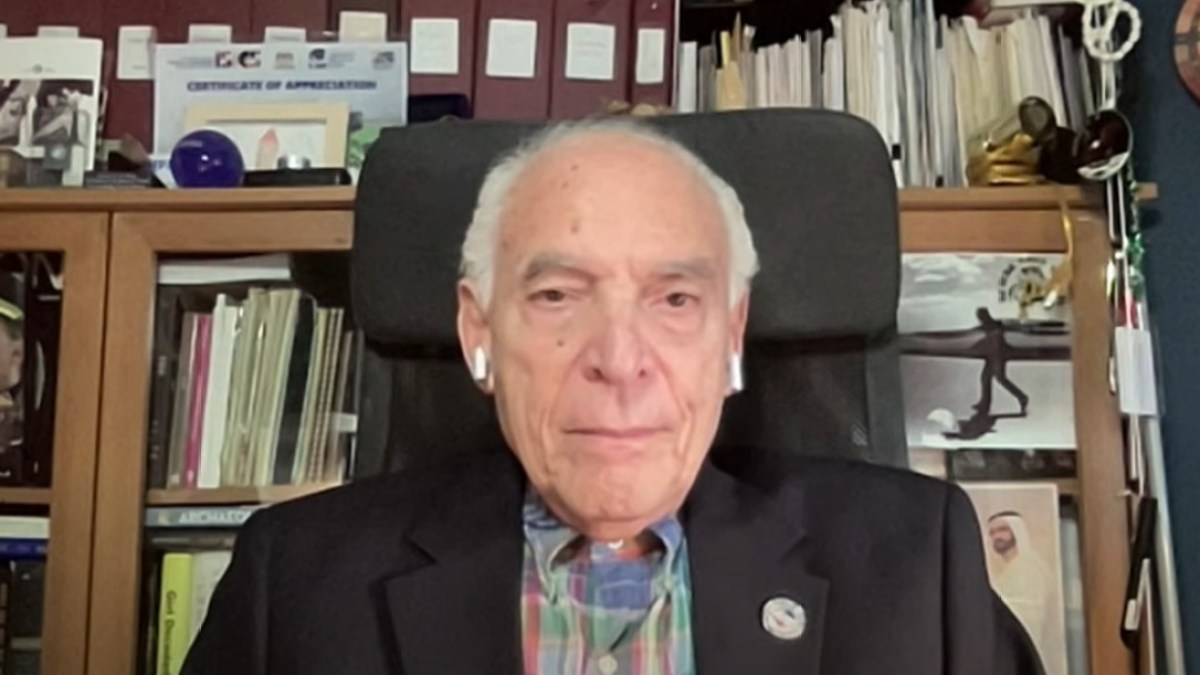Farouk El-Baz, an Egyptian astronomer and director of the Center for Remote Sensing at Boston University, spoke about the ongoing debate about earthquake prediction.
Al-Baz said, during an interview with Al-Masaiya on Al-Jazeera Mubasher, that the locations of earthquakes can be expected, but science has not reached a prediction of their timing.
He added, "There are shortcomings in terms of scientific information through which we can predict earthquakes," stressing that "there is nothing that qualifies us to predict earthquakes."
And he added, "We can know where earthquakes will occur in the future because the globe is divided into blocks, such as the block of Africa, the block of the Arabian Peninsula, the block of Iran, and other blocks that are floating and moving."
According to the Egyptian scientist, the areas exposed to earthquakes are the separating areas between the masses that are compressed by their movement, pointing out that “the earth’s crust is not a solid ocean, but rather moves without knowing when and how.”
Communication sites and the media were buzzing with questions about predicting the timing of major earthquakes to avoid their effects and limit losses, especially after statements by a Dutch geologist in which he talked about a severe earthquake that would hit Turkey and Syria, which actually happened after 3 days, opening a door to controversy.
"Sooner or later, an earthquake measuring 7.5 on the Richter scale will occur in this region (southern or central Turkey, Jordan, Syria, Lebanon)," wrote geologist and earthquake researcher Frank Hungerbetz.
Dutch researcher method
Al-Baz said that scientists at the University of Baghdad talked about the method predicted by the Dutch researcher before his tweets, noting that “the forces of attraction between the earth, the sun, the moon and the stars have some effect on part of the movement of the masses of the earth’s crust, but it is not the only factor.”
Al-Baz quoted Iraqi scientists as analyzing that “if the attraction increases on the earth in terms of the planets, this qualifies for the movement of the earth’s crust, but without knowing the amount and timing of the attraction.”
He said, "The locations of earthquakes in the region are well known. For example, if it occurred in Egypt, it would be near the Gulf of Aqaba, due to the convergence of the Arabian Peninsula mass with the African mass."
Regarding the scientific development in space and the ability to measure many things, Al-Baz said, “Space is visible to us and we have contact with it, but we cannot see what is under the surface of the earth,” stressing that “an earthquake occurs in a place that we do not see and do not know much about.”
And he stressed the need to adhere to earthquake codes when building in the Arab world so that earthquake disasters can be avoided.

